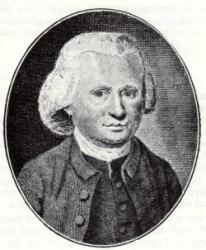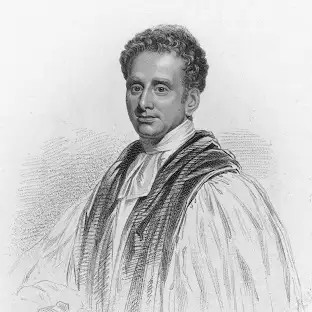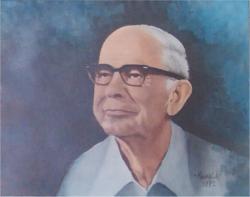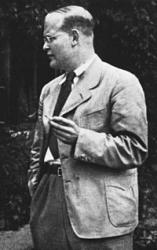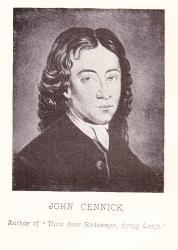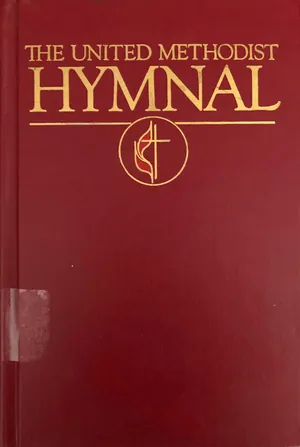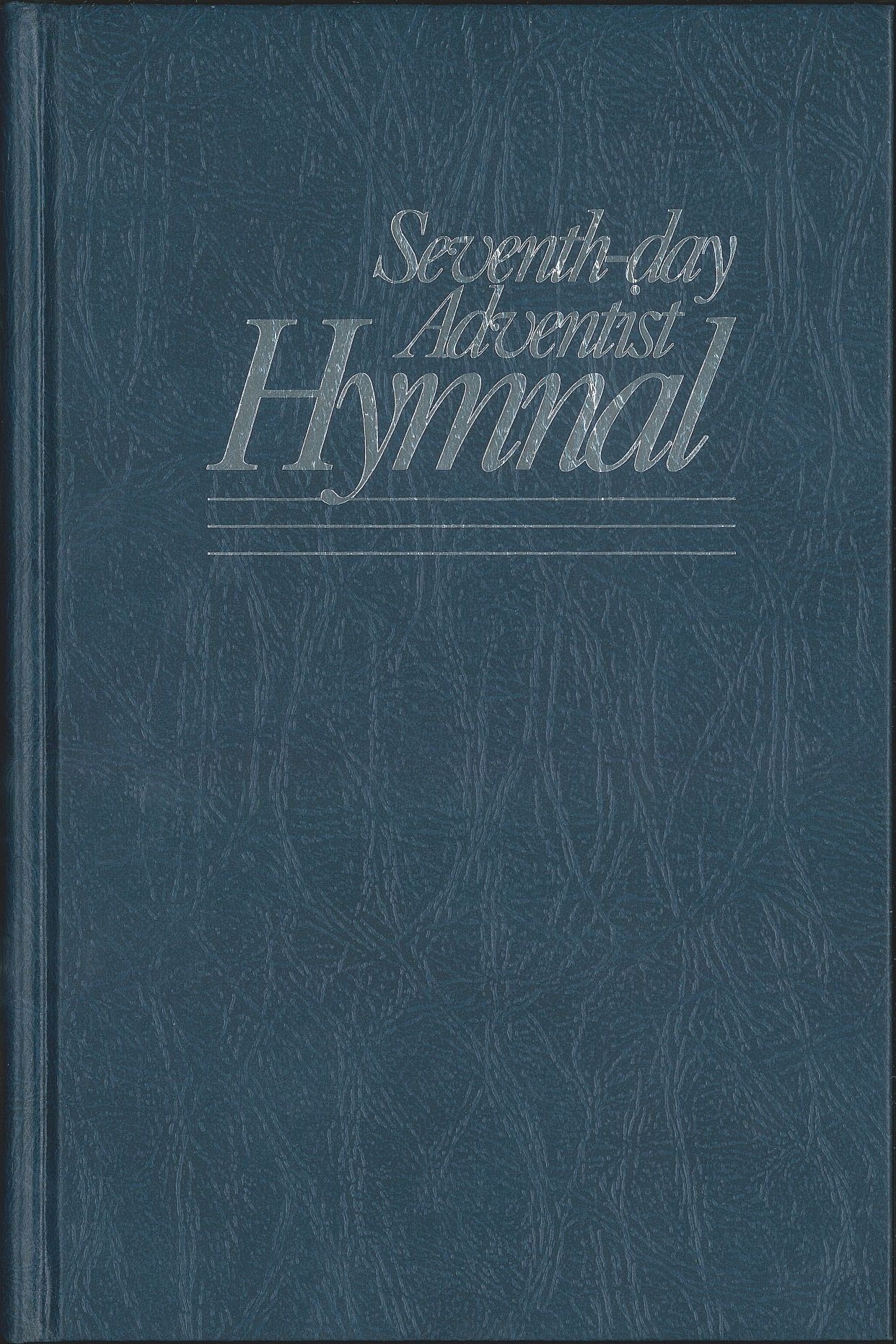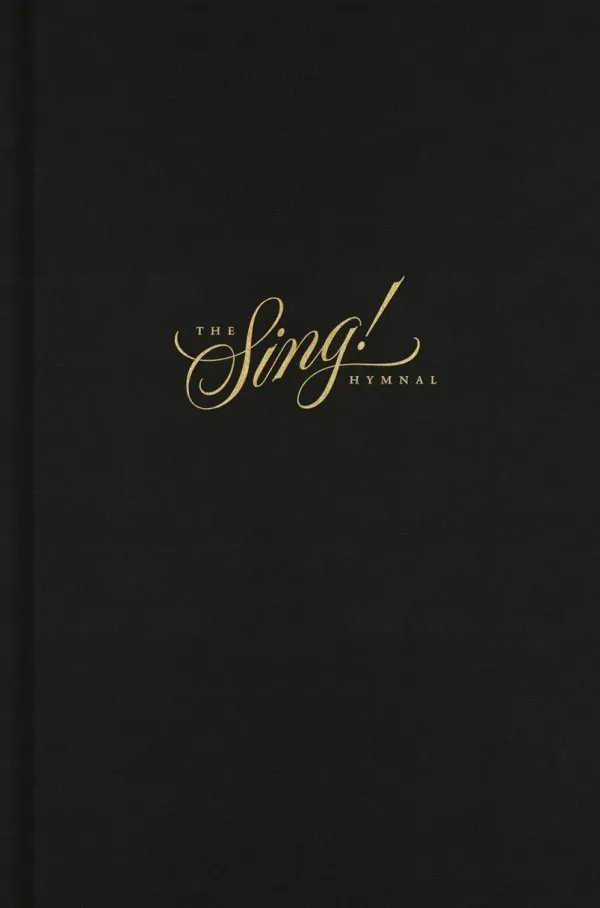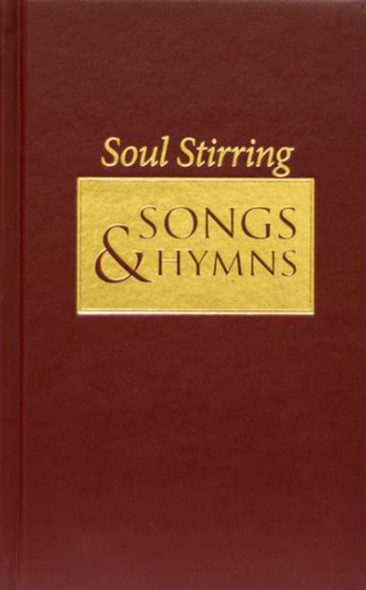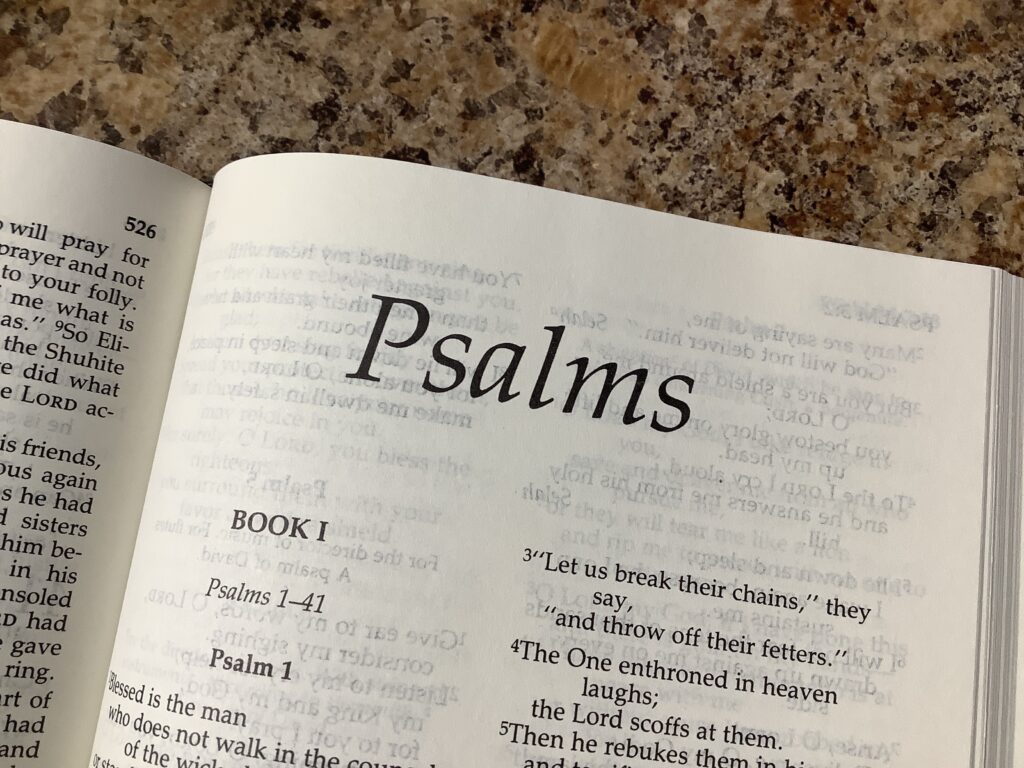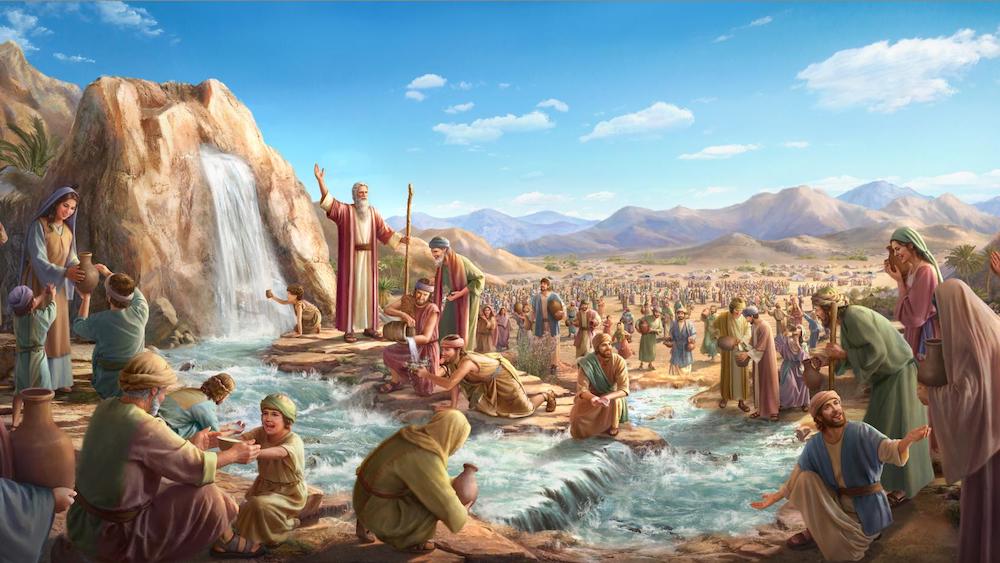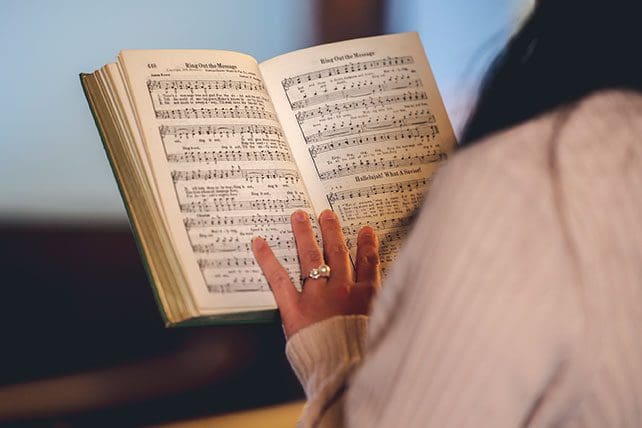The God of Abraham Praise
Lyrics
who reigns enthroned above;
Ancient of Everlasting Days,
and God of Love;
Jehovah, great I AM!
by earth and heaven confessed;
I bow and bless the sacred name
forever blest.
I on this oath depend.
I shall, on eagle wings upborne,
to heaven ascend.
I shall behold God's face;
I shall God's power adore,
and sing the wonders of God's grace
forevermore.
with peace and plenty blest;
a land of sacred liberty,
and endless rest.
There milk and honey flow,
and oil and wine abound,
and trees of life forever grow
with mercy crowned.
the great archangels sing,
and "Holy, holy, holy!" cry
"Almighty King!
Who was, and is, the same,
and evermore shall be:
Jehovah, Lord, the great I AM,
we worship thee!"
Bible Reference
Exodus 15:1-19
About This Hymn
Author – Thomas Olivers, 1725–1799 (based on the revised Yigdal of Daniel ben Judah, 14th century)
Music – From a Hebrew melody, arranged by Meyer Lyon, 1751–1797
Tune Name – “Leoni”
Meter – 66.84 Doubled
Scripture Reference – Exodus 15:1–19
“Ye that fear the Lord, praise Him; all ye the seed of Jacob, glorify Him; and fear Him, all ye the seed of Israel.” – Psalm 22:23
During the great Wesleyan revivals of the eighteenth century, many individuals from difficult and troubled backgrounds were transformed by the Gospel and went on to become powerful ministers of the Word. Thomas Olivers is a remarkable example of such a life. Born in Tregonan, England, in 1725, Olivers was orphaned at just four years old. He entered into an apprenticeship as a shoemaker but soon fell into a wayward and sinful lifestyle. He gained a reputation in his community as the worst youth around. That all changed one day in Bristol when he heard the renowned evangelist George Whitefield preach a sermon from the text, “Is not this a brand plucked out of the fire?” Deeply convicted, Olivers surrendered his life to Christ, and from that point on, he was never the same. His conversion was so dramatic that John Wesley himself took notice and invited Olivers to become one of his traveling evangelists. As a Methodist preacher, Olivers journeyed widely across England and Ireland, boldly proclaiming the Gospel, even when faced with frequent opposition and hostility.
Though Olivers wrote several hymns during his lifetime, only one remains in common use today—his stirring hymn known by its opening line, “The God of Abraham Praise.” This hymn has long been considered by hymnologists as one of the finest examples of English hymnody. The inspiration for it came from a visit Olivers made to the Duke’s Place Synagogue in Aldgate, London. There he listened to a Jewish rabbi expound on the Hebrew Scriptures, and he also heard Meyer Lyon (also known as Leoni), a celebrated Jewish cantor, sing the Yigdal, a doxology based on the thirteen articles of Jewish faith. The Yigdal, written in the 14th century by Daniel ben Judah, is a significant part of Jewish liturgy and is a declaration of belief in the core doctrines of Judaism. Olivers was deeply moved by the beauty and depth of the service, particularly the music. So inspired was he that he composed a Christian paraphrase of the Yigdal, setting his newly written text to the melody he had heard. He named the tune “Leoni” in honor of Meyer Lyon, the cantor whose voice and music had left such a lasting impression.
The result was a powerful and majestic hymn that bridges the rich theological heritage of Judaism with the Christian confession of faith. “The God of Abraham Praise” reflects the continuity between Old Testament revelation and the fulfillment found in Christ, exalting God as eternal, sovereign, and faithful. The hymn’s grand language and structure have made it a favorite in worship settings across denominations. Its enduring popularity is due not only to its majestic tune and poetic power but also to its unique origin, born from a moment of spiritual appreciation across faith traditions. Thomas Olivers’ life stands as a testimony of God’s redeeming grace, transforming a lost and rebellious young man into a devoted evangelist and hymn writer whose single surviving hymn continues to glorify the God of Abraham centuries later.
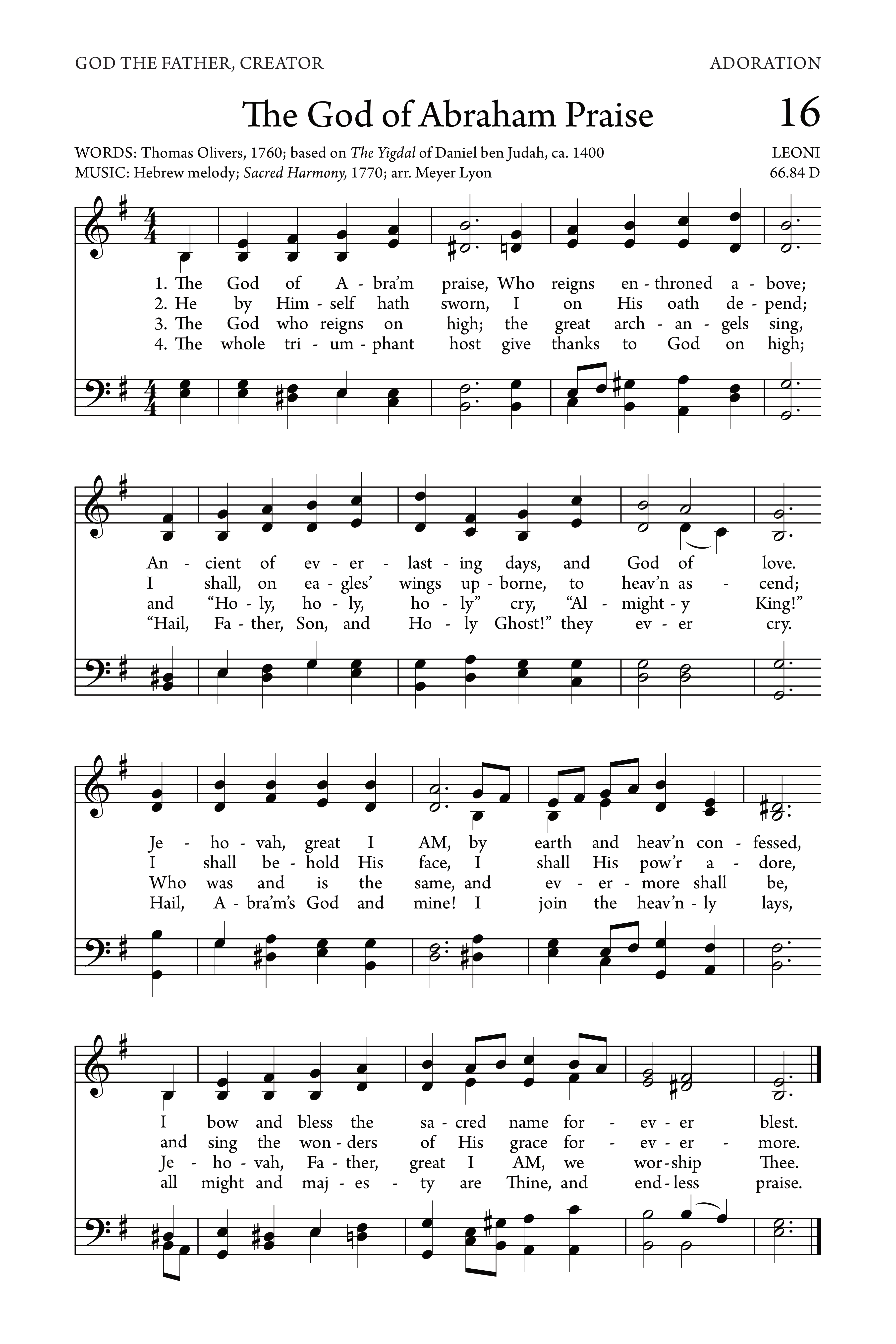

📬 Subscribe to Our Devotional Updates
Receive weekly hymns, devotionals, and website features directly in your inbox.
⭐ Recommend This Hymn
Share this beautiful hymn with others
This hymn is found in these hymnals
Open the hymnal that contains this hymn:
Latest Updated Hymnals
Hymn Information

- Category: Hymn
- Author/Writer: Thomas Olivers (1770)
- Added: July 11, 2025
- Last Updated: July 11, 2025
- Views: 1077
To view the author's biography, click their name above.
MIDI File
More Hymns by Thomas Olivers
Hymns from 1770
Popular Hymns
Recent Blog Posts
Popular Blog Posts
Visit Us on Social Media
Latest from X (Twitter)
Tweets by HymnalLibraryLatest from Facebook
Latest on YouTube
Daily Bible Verse
Disclaimer
The hymns, sheet music, MIDI files, and related content on this website are provided for educational and research purposes only.
- Public Domain: Many of the hymns featured here are in the public domain and may be freely used.
- Copyrighted Works: Some hymns may still be under copyright protection. Where applicable, permission has either been requested from the copyright owner, or the content is shared under the principles of fair use for educational purposes.
⚠️ Important Notice: If you wish to reproduce, distribute, or use any copyrighted hymn beyond personal study or educational use, you must obtain permission directly from the copyright holder. This website does not grant any rights for commercial use yet.
If there is any other question please address it to us in our Contact Page, for further assistance. Thank you for using the site. May God Bless You.
